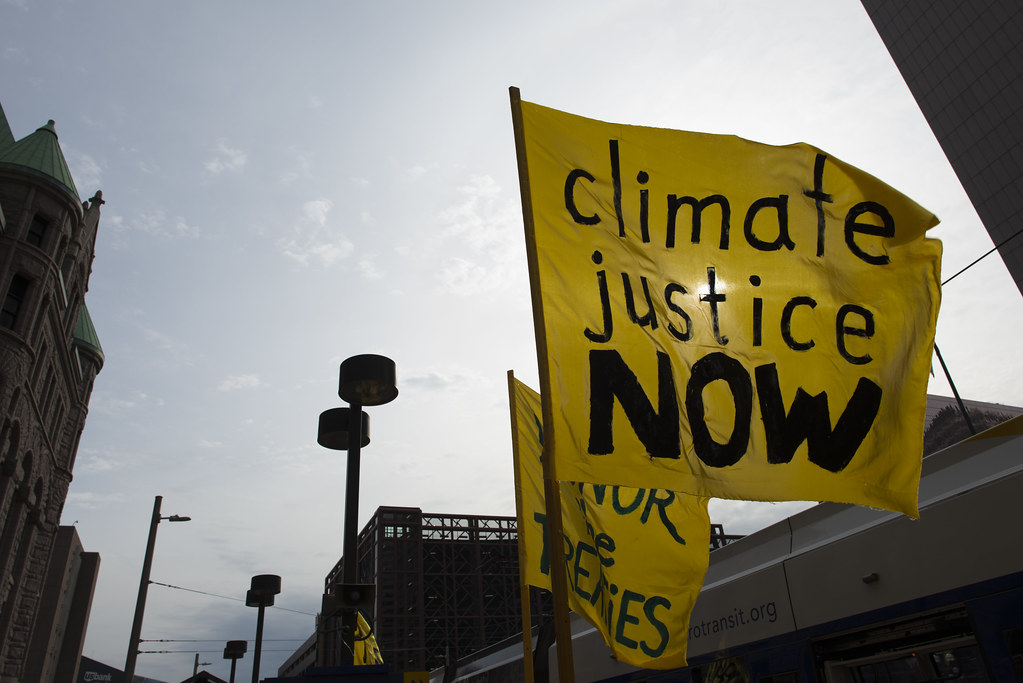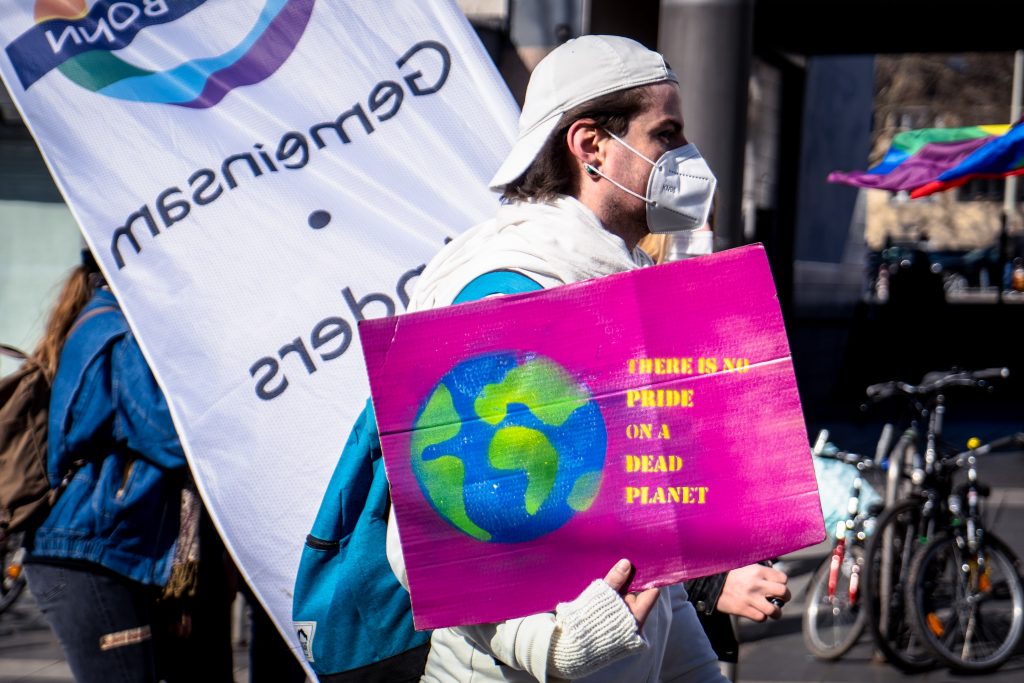Beyond 2%: From climate philanthropy to climate justice philanthropy
Author: edgefunders.org

Philanthropic foundations have long exerted influence in the international climate arena. Over 30 years on from their early forays into climate debates, this report asks how effective they have been. How relevant are their theories of change and worldviews today? And what can philanthropic foundations do to position themselves at the vanguard of meaningful change in the climate arena?
In partnership with the United Nations Research Institute for Social Development (UNRISD), the EDGE Funders Alliance launched this report on climate philanthropy that takes a fresh look at the state of play in the sector, and sets out the case for grounding climate philanthropy in climate justice and just transition principles.
Looking back: The characteristics of climate philanthropy

As we will see, mainstream climate funders (which dominate the climate philanthropy landscape) by and large adhere to a shared “strategic” theory of change and elite driven green capitalist worldview. Their perspective is centred on the idea that innovation, corporations, investors, market-based solutions and, increasingly, “successful-entrepreneurs-turned-philanthropists” (rather than movements, communities or the state) will solve the climate crisis.
A more recent analysis estimated that in 2012 just six foundations—Oak, Packard, Hewlett, Sea Change, Energy, and Rockefeller— accounted for approximately 70 percent of climate change mitigation funding globally
In short, the climate philanthropy landscape is not only dominated by a small number of large foundations, but these foundations are, for the most part, working in concert.
Looking forward: Shifting towards climate justice philanthropy

Climate justice philanthropy is a philanthropy that acknowledges that there can be no low-carbon transition without justice. It is a mindful and non-elitist philanthropy that does not confound organizational success with collective progress towards climate justice.
Shifting from climate philanthropy to climate justice philanthropy will require more than just tweaks to existing practices or more references to “climate justice” or “just transition” in reports, op-eds and public events. Foundations must collectively and strategically embark on a wholesale transformation and alignment of their funding priorities, internal structures and processes, endowment management and grantee-grant maker relations, at both the individual foundation and philanthropic sector levels. There is neither the time nor the room for half measures. A just transition of climate philanthropy is urgently needed.


